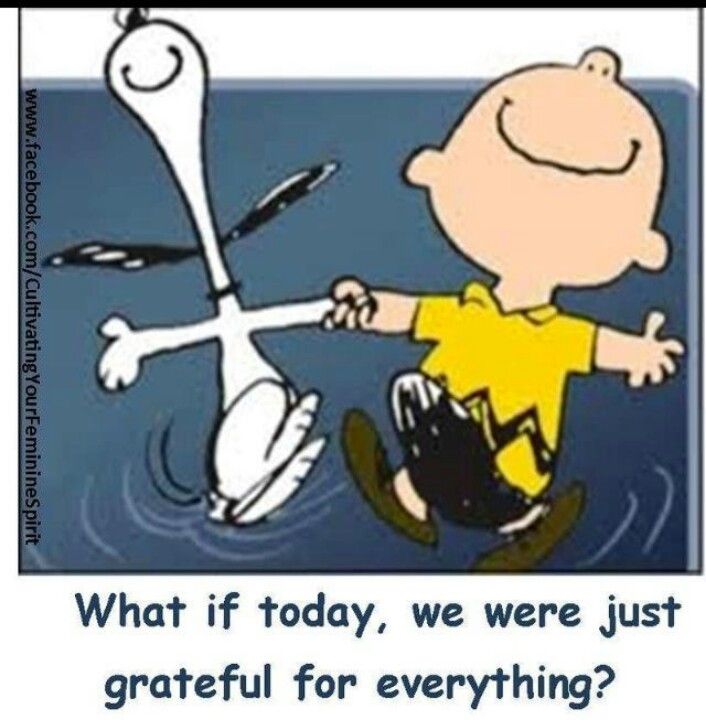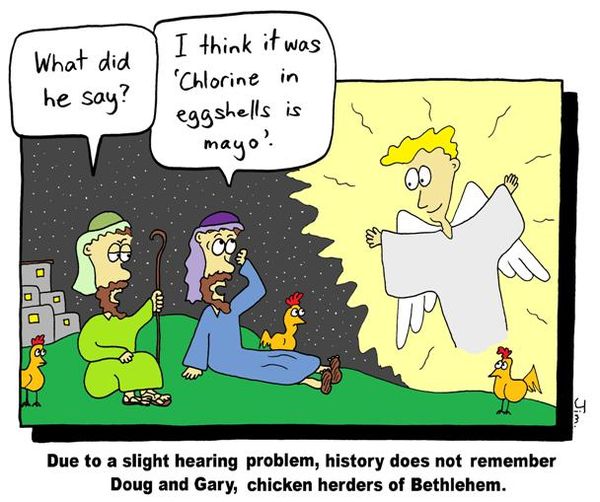
Routines are beneficial because they identify and organize helpful actions and create an efficient system to accomplish them. It’s amazing how much we can accomplish through well-planned routines.
My morning routine includes:
- Get out of bed
- Put on casual clothes
- Let Buddy outside
- Start the coffee (French-press style)
- Drink a glass of water (including Benefiber)
- Read for 30 minutes
- Review my priorities for the day
- Get dressed for work
- Start my day
This week I’m adding a new element: When I get out of bed, as soon as my feet hit the floor, I’m going to say out loud, “Thank you God, I am grateful for this new day.” I want my first waking thought to be an expression of gratitude. I want it to set the tone of the day. Regardless of how I feel—emotionally or physically—I am grateful for another opportunity to experience life. Even on a bad day, I’m fortunate and blessed. Every day is a gift.
Expressions of gratitude are powerful. They set your mental path, ward off negative thoughts, produce hope and peace, and establish perspective.
At the beginning of each new day, 24 hours of life appear before us like a blank sheet of paper. Thoughts of gratitude will help steer us in a positive, hopeful direction.
My grandson, Benjamin, is seven years old. This year we started memorizing poetry together. We’ll continue to do this for as long as I’m alive. The first poem we memorized is a hymn: For the Beauty of the Earth. It mentions 22 things for which we can be grateful. I hope the song will guide him throughout life.
For the beauty of the earth
For the glory of the skies,
For the love which from our birth
Over and around us lies.Chorus
Lord of all, to Thee we raise,
This our hymn of grateful praise.For the wonder of each hour,
Of the day and of the night,
Hill and vale, and tree and flower,
Sun and moon, and stars of light.For the joy of ear and eye,
For the heart and mind’s delight,
For the mystic harmony
Linking sense to sound and sight.For the joy of human love,
Brother, sister, parent, child,
Friends on earth and friends above,
For all gentle thoughts and mild.For Thy Church, that evermore
Lifteth holy hands above,
Offering up on every shore
Her pure sacrifice of love.For Thyself, best gift divine,
To our race so freely given;
For that great, great love of Thine,
Peace on earth and joy in heaven.Words by Folliott Pierpoint

 Friends,
Friends, which someone must lose for someone else to win (ex. football game, chess). Cruising is a win-win scenario for the cruise company and the customer. When I’m on a cruise ship I often think, “How in the world are they providing this level of luxury service for the price I have paid? Free meals and drinks, nightly entertainment, luxury environment, transportation to incredible places.” But the cruise company is making money or they wouldn’t be in business, and I’m a more than satisfied customer. We’re both delighted.
which someone must lose for someone else to win (ex. football game, chess). Cruising is a win-win scenario for the cruise company and the customer. When I’m on a cruise ship I often think, “How in the world are they providing this level of luxury service for the price I have paid? Free meals and drinks, nightly entertainment, luxury environment, transportation to incredible places.” But the cruise company is making money or they wouldn’t be in business, and I’m a more than satisfied customer. We’re both delighted.
 Western civilization. There are only two cabins available.
Western civilization. There are only two cabins available.
